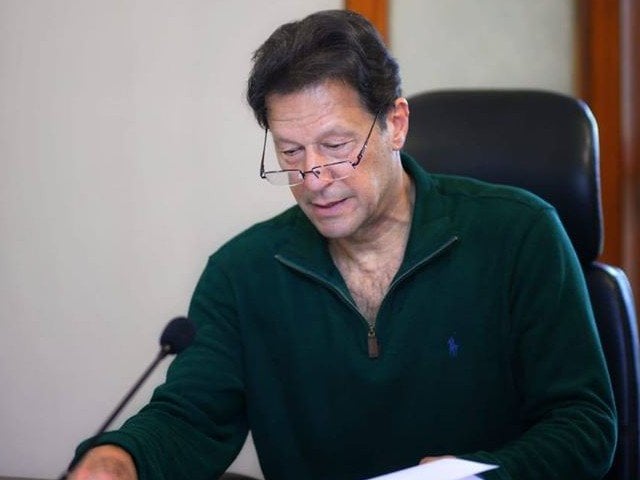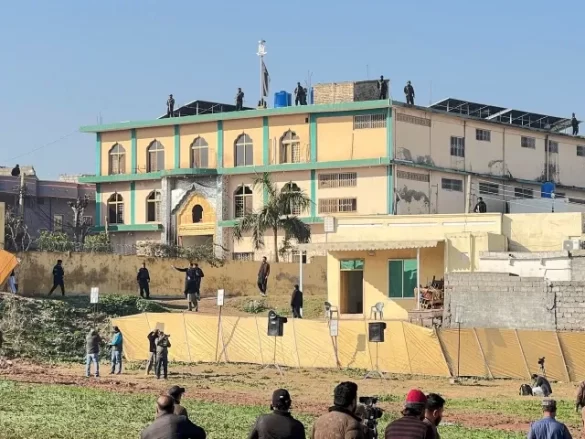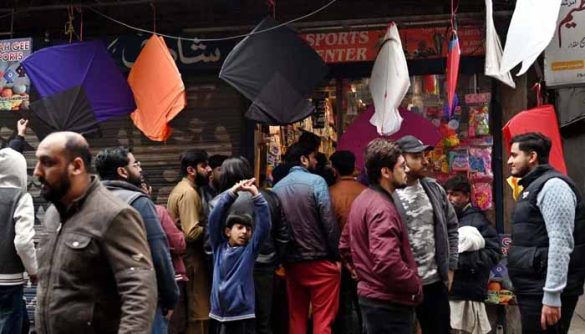Petition Filed in Anti-Terrorism Court
Former Pakistani Prime Minister and founder of Pakistan Tehreek-e-Insaf (PTI), Imran Khan, has requested a medical examination after reportedly experiencing blurred vision and eye pressure while in detention.
On behalf of Khan, his sister Aleema Khan submitted a petition to the Anti-Terrorism Court (ATC) in Rawalpindi on Tuesday. The application highlighted concerns about his deteriorating eyesight, urging the court to direct prison authorities to arrange a thorough medical check-up.
Concerns About Eye Health
According to the petition, Khan has been suffering from intense pressure in his eyes, leading to complaints of blurred vision. His personal physician last examined him on 4 November 2024. Since then, no follow-up medical check has taken place.
The request emphasizes that Khan requires an immediate eye examination, particularly given his medical history and the prolonged stress of incarceration. Similar petitions have previously highlighted concerns about his well-being, including calls for a medical board to assess Imran Khan’s health.
The application also asserts that state-appointed doctors from the federal and Punjab governments cannot be trusted to provide impartial care. Instead, Khan’s personal physician should be included in any medical board formed for his evaluation.
Allegations of Rights Violations in Prison
The petition goes further, alleging that Khan has been deprived of his basic rights while being held at Adiala Jail in Rawalpindi. Aleema Khan has urged the court to issue directives to the jail superintendent for the urgent formation of a medical board. She argues that adequate medical care is not only a constitutional right but also a humanitarian necessity for any detainee, including her brother.
Human rights organizations in Pakistan and abroad have repeatedly raised concerns about prison conditions, particularly for political detainees. Reports often highlight issues such as limited access to healthcare, poor sanitation, and restrictions on family visits.
Court Issues Notices
After an initial hearing, ATC Judge Amjad Ali Shah issued notices to the superintendent of Adiala Jail and the prosecution. They have been directed to respond to the petition by 29 August. The court will then decide whether to order the creation of a medical board and allow Khan’s personal doctor to participate in his assessment.
Wider Political Context
Imran Khan, who served as Pakistan’s Prime Minister from 2018 until his ouster in a no-confidence vote in April 2022, has faced a series of legal challenges since his removal. He is currently serving multiple prison sentences in connection with corruption, state secrets, and other cases. His incarceration has become a central issue in Pakistani politics, especially ahead of the next general elections.
Supporters of Khan argue that the legal cases and his detention are politically motivated attempts to sideline him and weaken PTI. His opponents, however, maintain that he must face accountability like any other politician accused of wrongdoing.
Health and Politics Intertwined
This is not the first time concerns about Khan’s health have surfaced during his imprisonment. His lawyers and family members have previously raised alarms about inadequate medical facilities in jail. In Pakistan, prison healthcare has long been criticized as underfunded and overstretched, with political prisoners often alleging mistreatment or neglect.
If the court accepts the petition, it could mark a significant step in ensuring independent medical oversight for Khan. However, if denied, it may fuel further controversy and deepen his party’s narrative of victimization.
Looking Ahead
The case will be revisited on 29 August, when the jail authorities and prosecution submit their responses. Until then, questions remain about Khan’s health and whether his rights as a prisoner are being adequately protected.
His sister’s petition highlights not only his personal medical condition but also broader concerns about the treatment of political leaders in detention. The court’s decision could therefore carry implications beyond Khan himself, influencing public perceptions of Pakistan’s judicial and prison systems.















